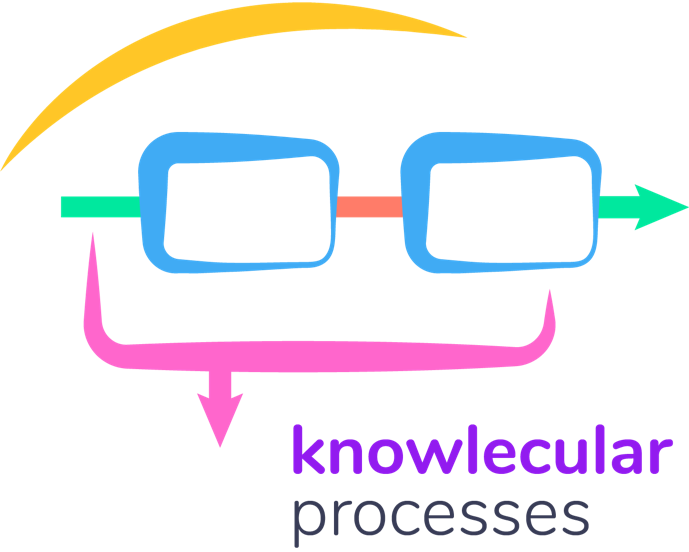3 areas where new expectations change outcomes.
One company I worked with just couldn’t believe that an innovation could go from idea to launch in less than 10 years. You can probably guess how many of their innovations launched in less than 10 years! The problem wasn’t their collective skills, their innovation resources, nor their opportunities. Their problem was their EXPECTATIONS! After our work together, they changed some of their expectations including about speed, and execution times went from many years to small months. Here are 3 important changes, although there are more:
1. Future Voice of the Customer (FVoC). If your team expects someone to “hand them the brief” with exactly what the customer will want 5 years from now, that’s not going to happen! You have to test prototypes over time to FIND the FVoC, because not even the customer knows what they WILL want. They only know their desires for today, but innovation is adding value for tomorrow, not today.
2. Goal setting. A goal without a deadline is poorly written. But if you set a deadline too far in the future, the effect is similar! People can work today without a thought of the impending deadline, and so they fall into the problem of “infinite choices”! The team’s focus will suffer terribly.
3. Conflict. Some teams just expect that conflict is inevitable. But a better way to proceed through different views, is to ask QUESTIONS -- quantifiable and precise -- and then allow various people to propose “hypotheses” for these questions. Then of course each hypothesis can be tested and ruled out, until the best or right one remains.
If you have questions about changing your team’s expectations, start here: https://www.knowlecular.com/start.
